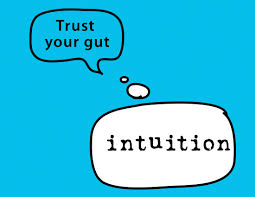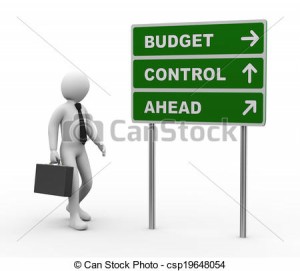A manager is a person who performs the functions of planning, organizing, staffing, directing and controlling for the accomplishment of objectives of an organization. There are multiple tasks and responsibilities that a manger is required to perform. Also, a manager is required to perform different roles from time to time so as to work for the completion of the planned targets and goals of the organization.
Planning – Planning lays down the objectives to be achieved and the steps to be followed to achieve them. It is a mental process and requires use of intellectual faculties, foresight and sound judgment.
Organizing – Management brings together the human and material resources.
Staffing or HR management – After organizing various activities to be performed, an organization is in a position to know the manpower requirements of the enterprise at different levels in an organization structure.
Directing – It is a process of guiding, supervising, leading and motivating the subordinates to work in a way that is beneficial to the enterprise. He creates a sense of belongingness, faith and loyalty among the subordinates.
Controlling – The managers compare actual performance against the planned one, find out deviations, take corrective action and help ensure the realization of the specific goals.
Management of Ideas – It is the job of management to generate, organize and articulate creative ideas and transform them into operating results.
Management of principle resources – It deals with the design of production system, the acquisition, allocation and conversion of physical resources to achieve certain goals.
Management of human resources – It deals with procurement, development, maintenance and integration of personnel working in the organization.
Interpersonal roles – as figurehead: bestows honors, make speeches, serve on committees;
as leader: motivates, inspires, set an example; as liaison: maintains relationship with other organization, governments, and industry groups.
Informational roles – as monitor: observes, collects and reviews data on the meeting of standards; as disseminator: transmits information and judgment about internal and external environment; as spokesperson: speaks for the organization, engages in public relations.
Decisional roles – as entrepreneur: initiates changes, authorizes action, sets goals, and formulates plans; as disturbance handler: handles conflicts and complaints, counters actions of competitor; as resource allocator: approves budgets, schedules and promotions; as negotiator: works out agreement with customers, suppliers and agencies.





18 Comments. Leave new
nicely written and helpful for me
Interesting read!
Well articulated!
nice work
Good Compilation of information ;D
Great work!!
You have explained it really well 🙂
Good work 😀 With the content 😀
Have read your most of the article 😀
i thought you can make it more presentable as the content is also awesome
and with good presentation . it will become “supercalifragilisticexpialidocious” 😀
Very well written,good efforts
Nicely Written
very well written 😀
Well written
Very well framed.
well written Sunaina 🙂
nice
nice one
Good content but it becomes monotonous when it comes to presentation. Try using more of points ,highlights and stuff.ps-just a suggestion
Quite interesting.